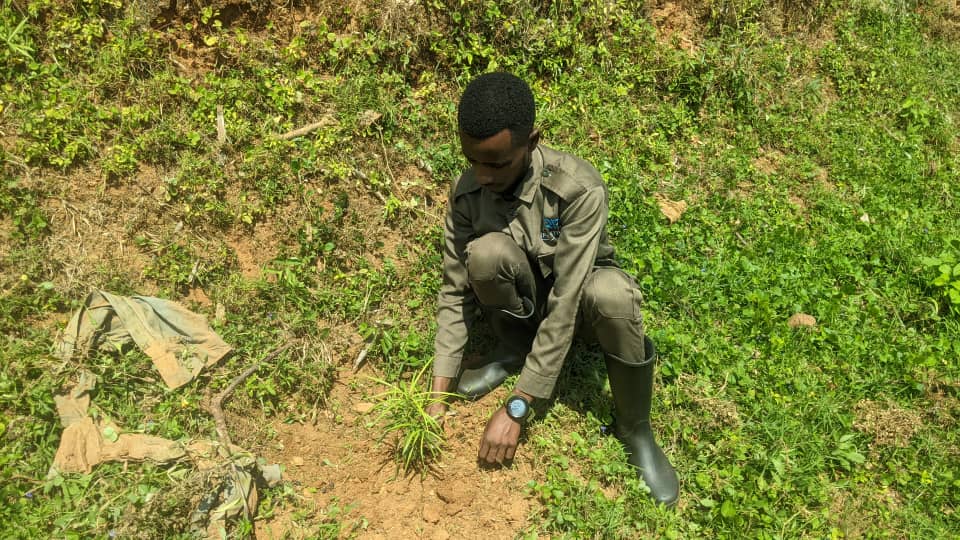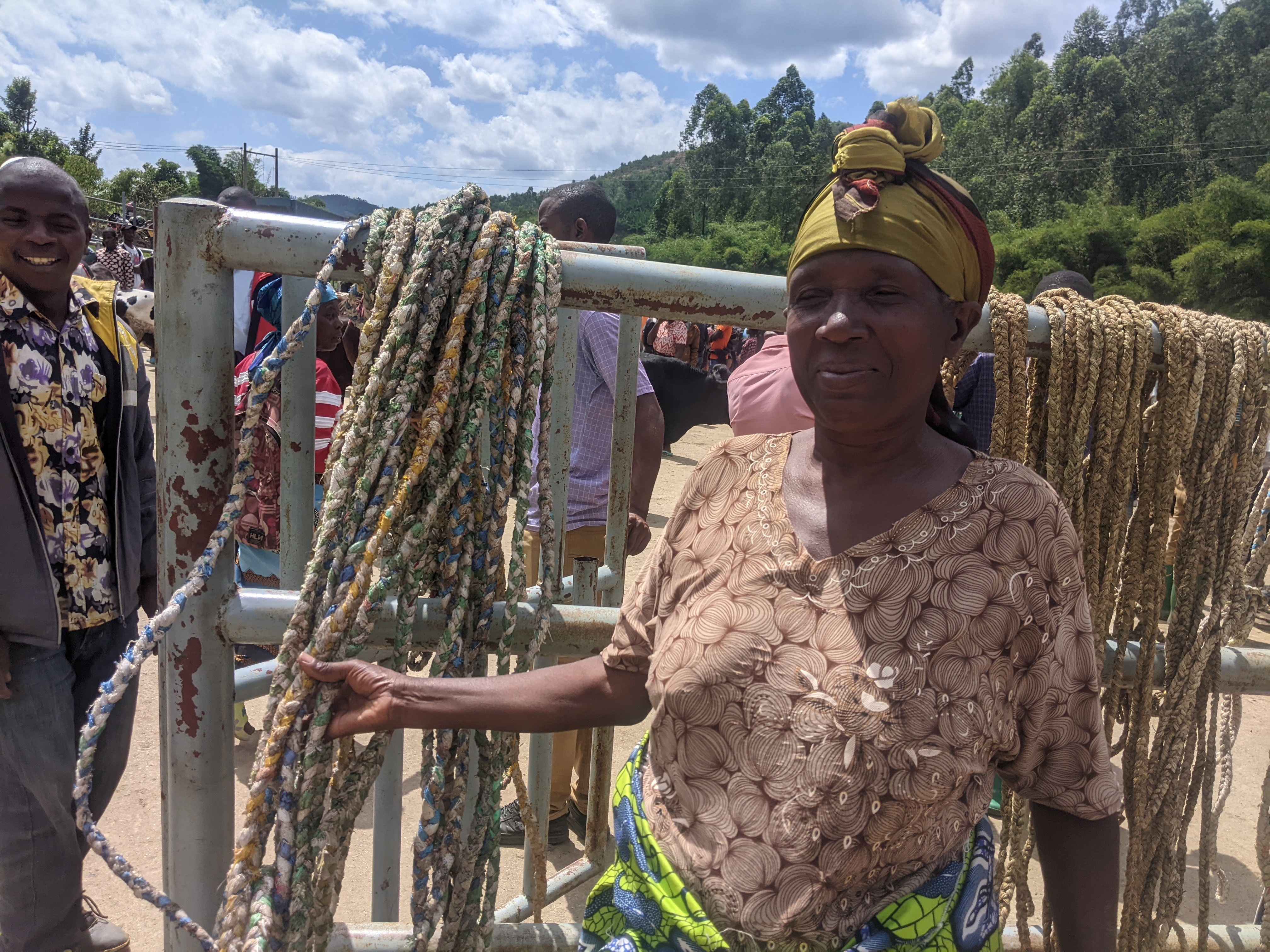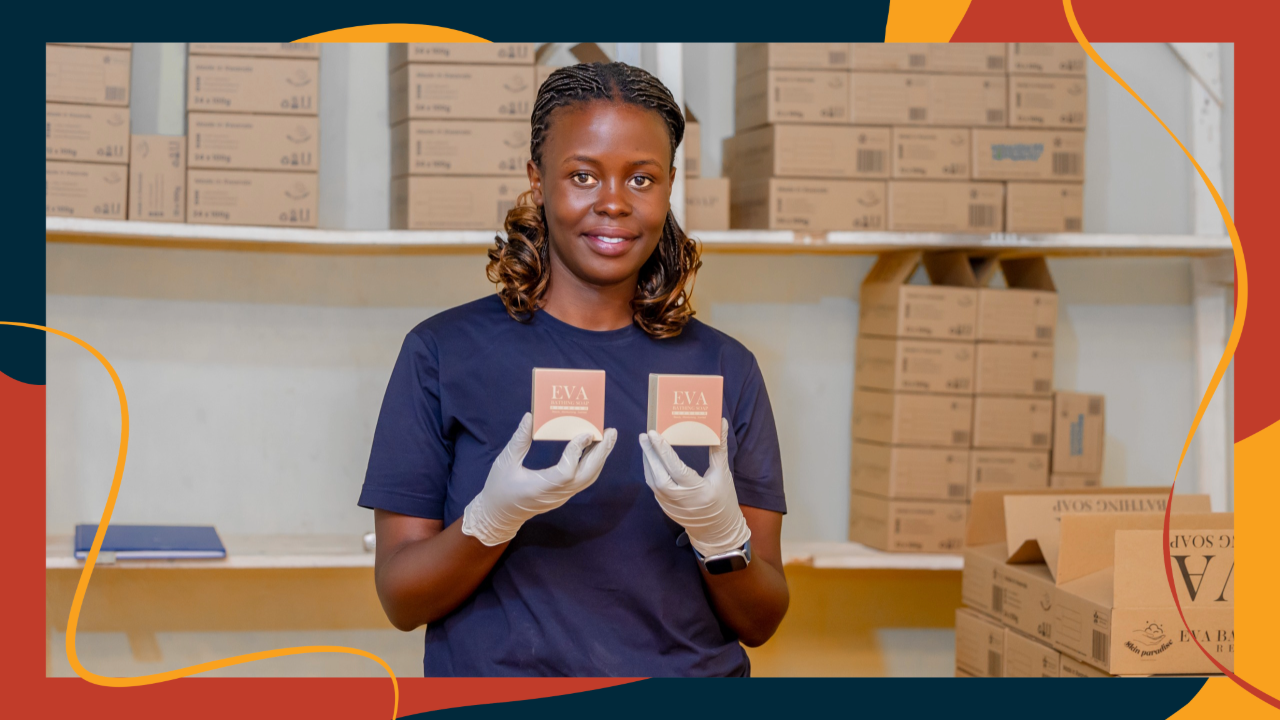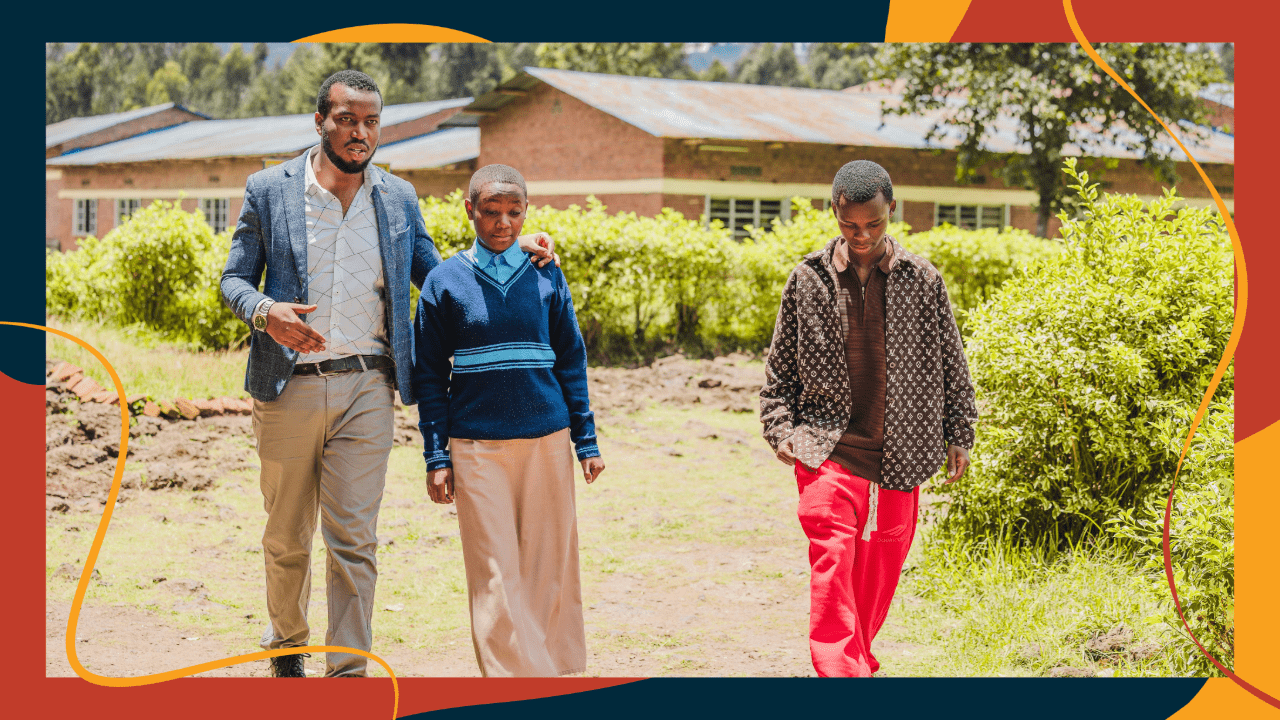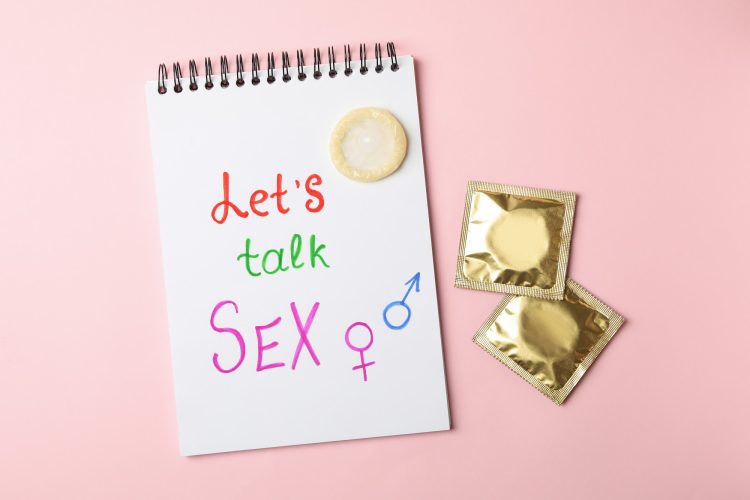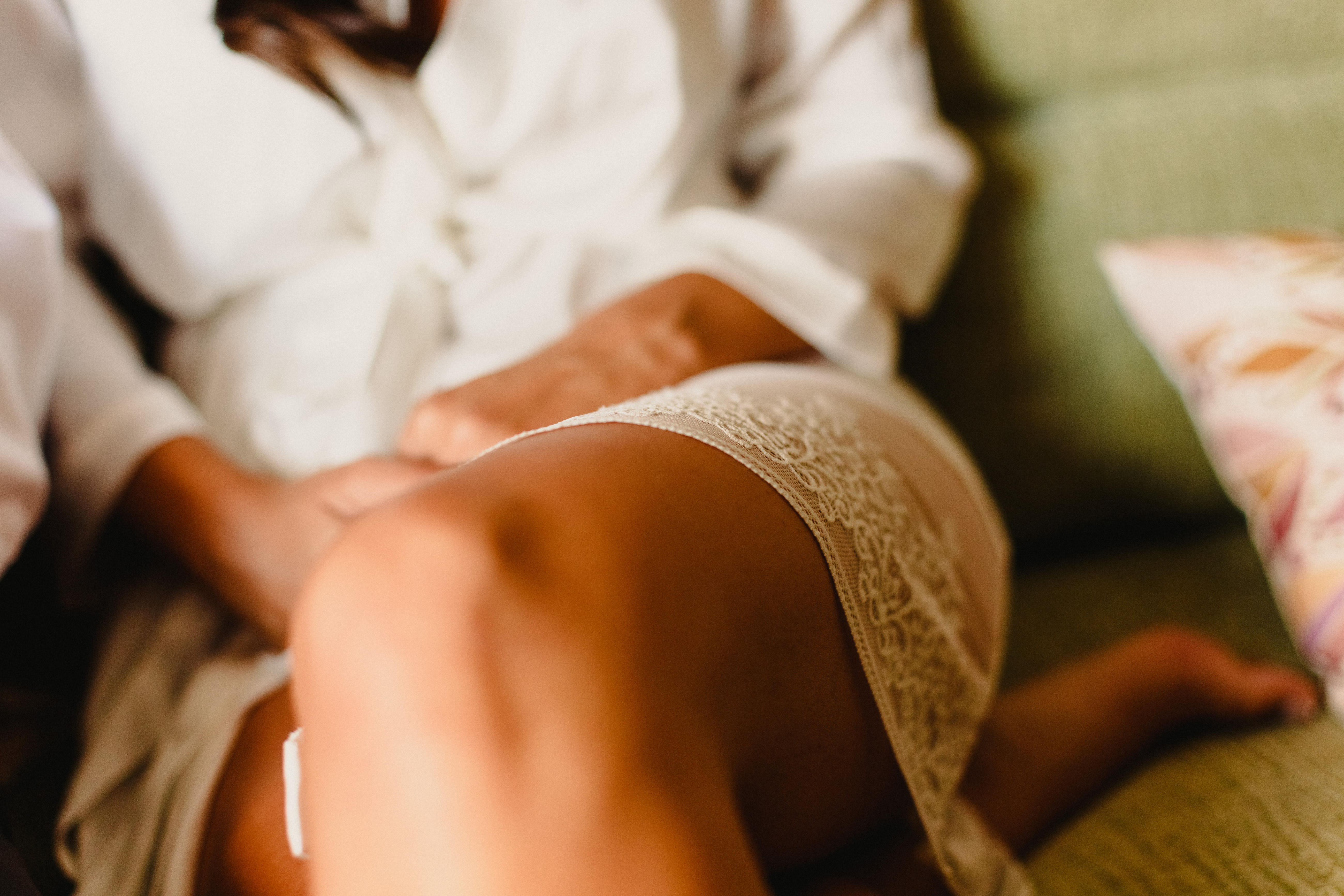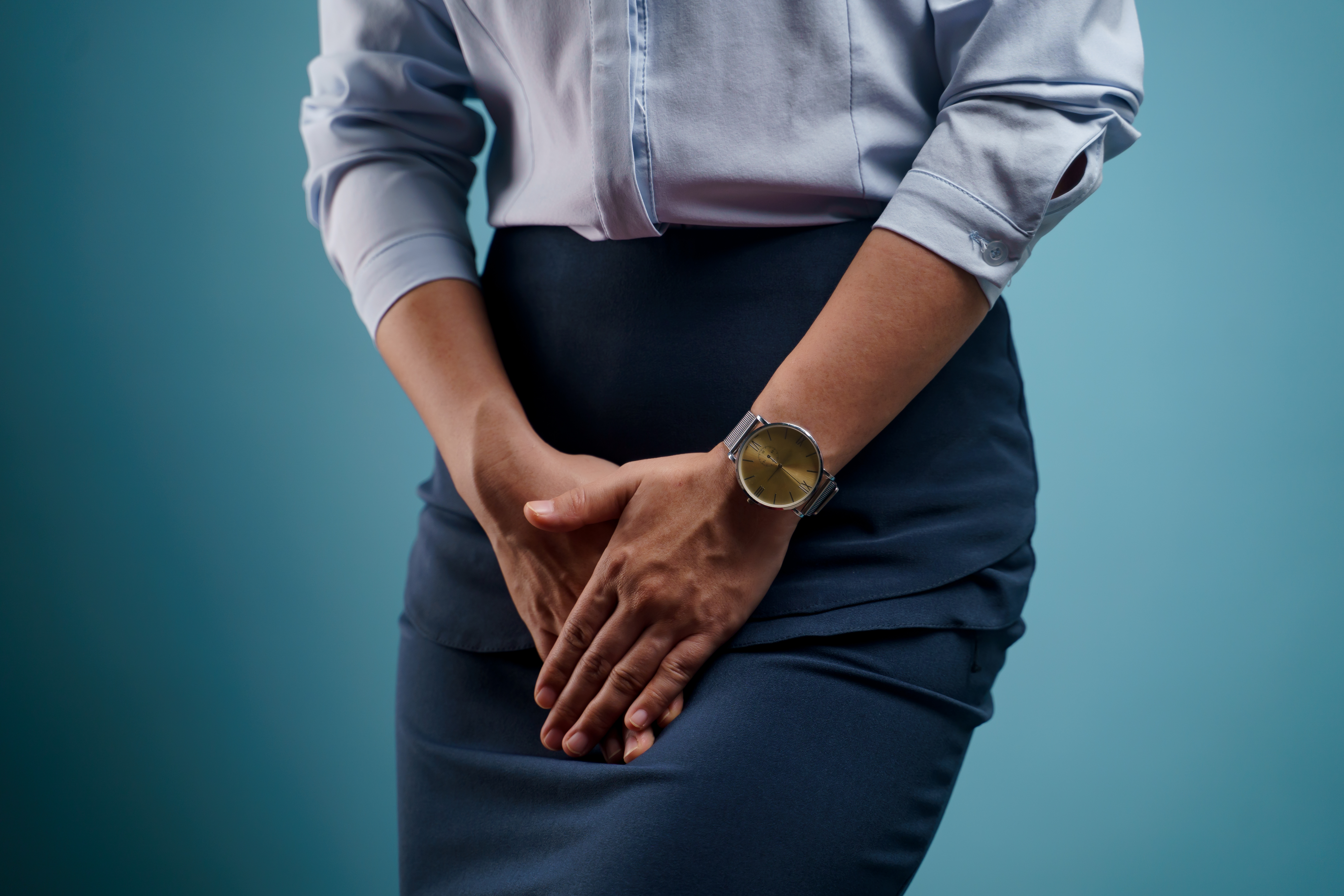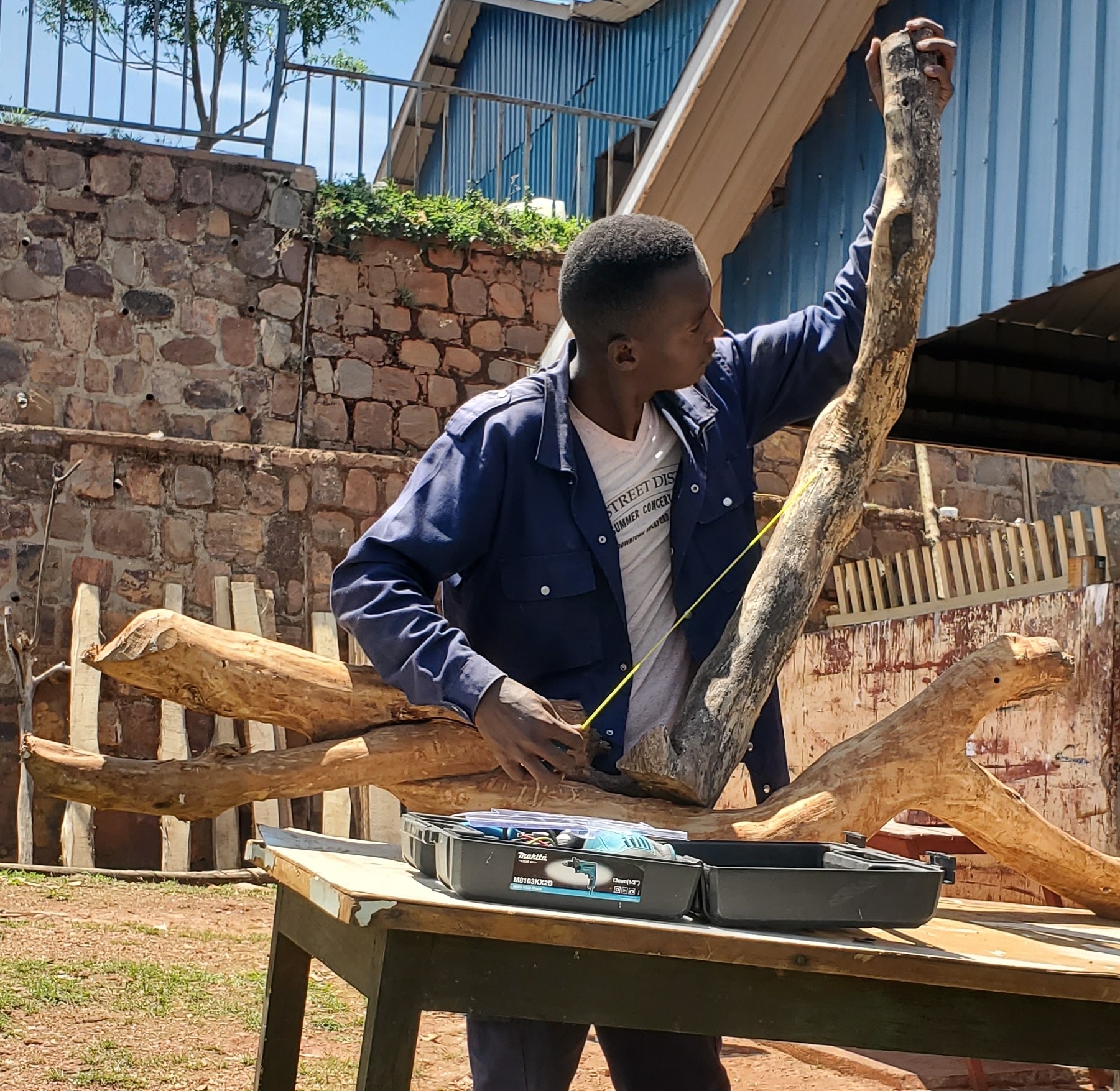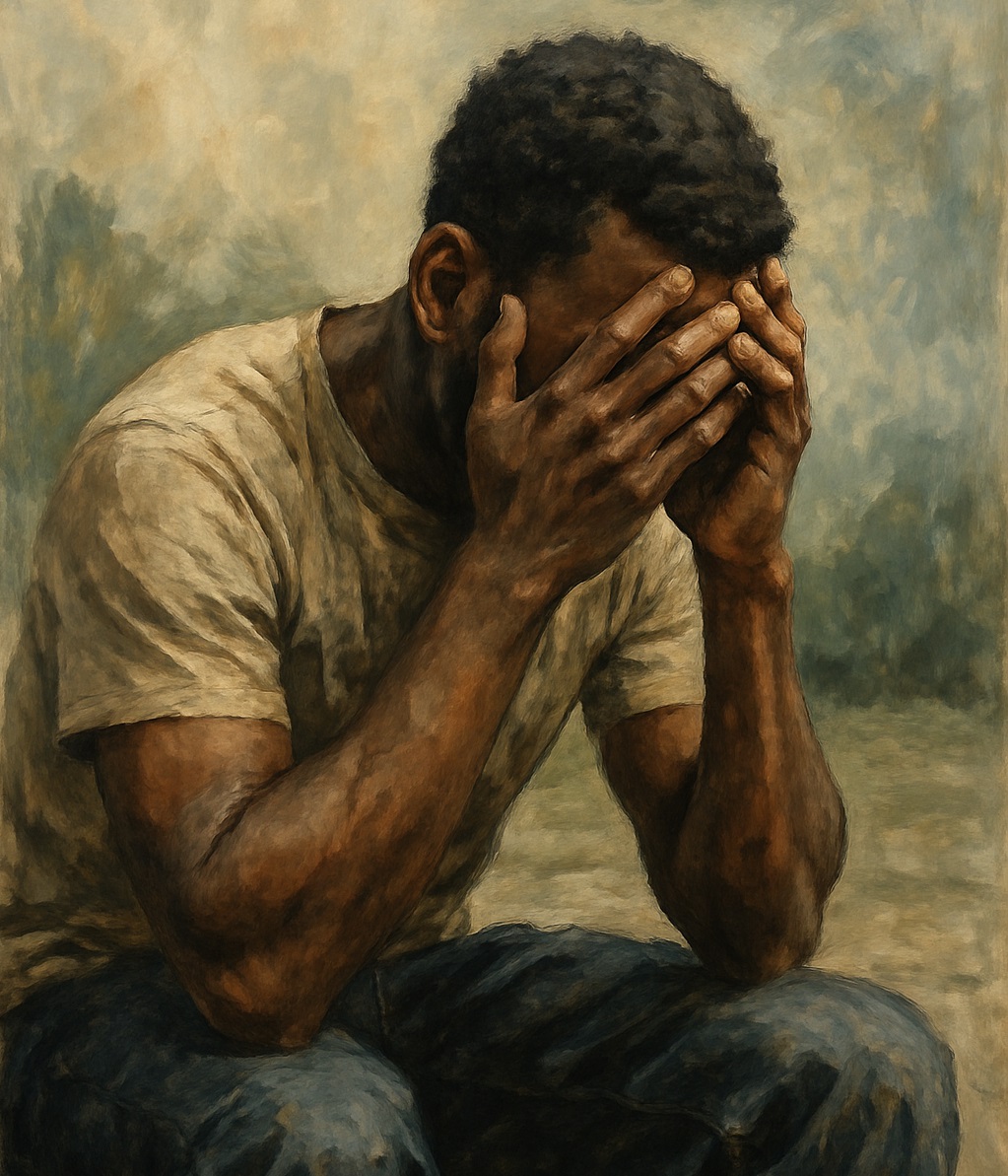Menstruation, a natural indication of well-being, continues to be surrounded by taboo in numerous communities. The attitudes prevalent in our grandparents’ time illustrate the reluctance to openly discuss sexual reproductive health, including menstruation.
Consequently, many women from that era remained uninformed about menstruation, hygiene products, timing, and other crucial aspects. This lack of knowledge has been passed down to the present generation, encompassing our current mothers, aunts, and mothers-in-law.
Personal experiences shed light on the challenges faced by young girls. Cecile Uwase recalls her struggle with menstruation due to the absence of guidance. The teasing and derogatory names associated with menstruation such as ‘IKIBADA’, ‘Ikirouge’ and ‘Igishoze’ add to the stigma. These negative connotations prevent girls from feeling secure and confident about this natural process.
Moreover, the shame associated with menstruation leads to the hiding of menstrual hygiene products. Women often feel embarrassed to seek these products openly, which perpetuates the notion that menstruation is something to be concealed.
Another issue to address is the labeling of menstruation as an illness, leading to fear and misunderstanding among girls experiencing their first period. Dispelling the belief that women are impure during their periods is crucial. Menstruation blood is just like any other bodily fluid, and good hygiene practices can help reduce any potential odor.
Additionally, debunking myths and limitations surrounding menstruation is essential. Communities may hold various misconceptions, such as avoiding holding babies during menstruation or following dietary restrictions. It’s important to separate fact from fiction, for example, the myth that crops get dry when a woman visits a yield during her period.
Despite living in the twenty-first century, many still struggle to understand menstruation. Some progress has been made through education, but cultural norms continue to create barriers.
One positive step is the Menstruation Hygiene Education delivered by organizations like Rosie’s World Curriculum. They have witnessed positive changes in young girls’ perspectives through education and awareness-raising campaigns in communities. Balancing education for young girls with their parents’ understanding is vital.
It is crucial to challenge misconceptions and stigma surrounding menstruation to support women and girls effectively. Comprehensive sex education should include information about menstrual health, and hygiene products must be accessible and affordable to ensure girls can manage their periods hygienically, safely, and with confidence.
By breaking taboos and promoting hygiene education, we can create a more informed and supportive environment for women and girls during menstruation. Embracing menstruation as a natural and healthy part of life will empower future generations to face it with pride and confidence.




